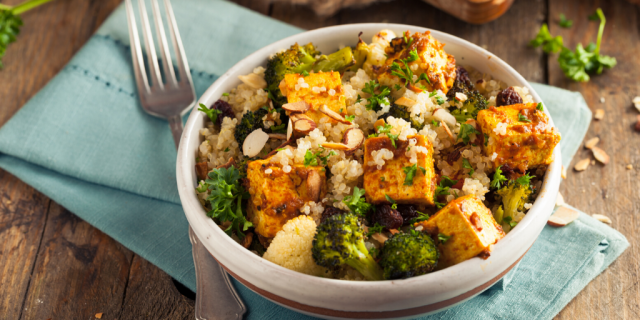
Bladder issues are still one of those sensitive health subjects people tend to avoid talking about – even with their physician. However, issues like urinary incontinence, bladder infections and urinary tract infections are common and may be helped with simple lifestyle changes. One way to improve bladder health is to modify your diet. Certain foods and liquids can irritate conditions and should be avoided, while other foods can help.
Test the tips below to improve your bladder health.
Cut Out or Limit
Some beverages and foods contain properties that irritate our bladders. Try cutting out potential irritants for a week and then adding one back into your diet every two or so days. Take note of any bladder changes when you reintroduce a food or drink into your diet.
Avoid alcohol and beverages that contain caffeine. Even carbonated beverages, with and without caffeine, can have a negative impact on your bladder health.
Citrus fruits, spicy foods, chocolate and tomato-based products can all irritate your bladder.
Find Your Perfect Hydration Level
Staying hydrated is important for overall health, but is also a large component in bladder and urinary tract health. Water is best for bladder health and should be at least half of the liquid you consume. However, if you have an overactive bladder, increasing fluid intake means you will have to urinate more often. Talk with your physician about how much water you should be consuming per day. He or she can recommend not only amounts, but when you should be drinking water.
Remember that adding citrus fruits, artificial flavors or carbonation to water could counteract some of the benefits.
Stay Regular
Constipation is always aggravating and can be even worse for those with bladder issues. Straining during bowel movements can put extra stress on the pelvic floor and cause damage. Prevent constipation naturally by adding fiber to your diet. Foods like fresh vegetables (green peas, broccoli, brussel sprouts), beans, lentils, fruits (raspberries, pears, apples), quinoa, oatmeal and whole wheat pasta have high amounts of fiber.
Having to cut out your morning cup of coffee or favorite spaghetti sauce may seem drastic, but remember that you may only need to cut out a few things or limit amounts. Take time to evaluate what irritates your symptoms and discuss any changes with your physician.
Keep track of your bladder habits and discuss options for improving the health of your bladder. To make an appointment with a Hillcrest physician, please visit https://hillcresthenryetta.com/physicians
